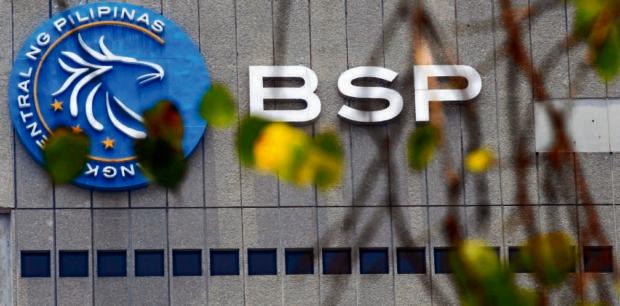Net FDI inflows soared to near two-year high in November 2023
MANILA, Philippines —The net inflow of foreign direct investments (FDI) to the Philippines returned to growth mode in November 2023 to post its largest haul in nearly two years as easing inflation calmed investors’ nerves.
Data released on Monday by the Bangko Sentral ng Pilipinas (BSP) showed that FDI net inflow amounted to $1 billion in November 2023, 27.8 percent bigger compared with the November 2022 level. That growth snapped three consecutive months of contraction.
At the same time, the November net inflow—which means more FDIs entered the country than left during a period—was the largest since December 2021 and among the highest since the pandemic hit home in 2020.
However, in the first 11 months of 2023, data showed FDI net inflow amounted to $7.6 billion, down by 13.3 percent. The BSP projected a FDI net inflow of $8 billion in 2023. For this year, job-generating foreign capital is projected to hit a higher net inflow of $10 billion.
READ: PH lags behind Asian peers in foreign investments
Unlike the so-called “hot money” that enters and leaves markets with ease, FDIs are firmer capital inflows that generate jobs for people.
That said, the government wants existing FDIs to stay, while attracting new ones.
Broken down, equity capital placements, a measure of new FDIs, amounted to $115 million in November. Those inflows eclipsed the $29-million FDIs that left the economy that month, resulting in a net equity capital investment of $85 million, albeit down 52.5 percent year-on-year.
What boosted the overall FDI net inflows was the 57.8-percent growth in intercompany borrowings between multinational companies and their local units here to $897 billion, figures showed.
Meanwhile, reinvestment of earnings contracted 8.1 percent in November to $66 million.
Sentiment
Michael Ricafort, chief economist at Rizal Commercial Banking Corp, said the milder inflation in November likely helped perk up investor sentiment amid hopes that a benign price growth would build up the case for a rate cut.
READ: PH inflation slowed to 2.8% in January
“The latest improvement in the FDI data may have to do with improved economic and financial markets performance in recent months, such as the easing headline inflation,” Ricafort said in a commentary.
After softening to 4.1 percent in November last year, inflation had since eased back to within the government’s 2 to 4 percent target range, with the January reading at 2.8 percent, the lowest in over three years.
But with threats to its inflation target still very much present amid a prolonged El Niño dry spell, the BSP said it “deems it necessary to keep monetary policy settings sufficiently tight until a sustained downtrend in inflation becomes evident.” Nevertheless, Governor Eli Remolona Jr. had said a rate cut was “possible” this year.
A low interest rate environment would make business expansion less costly for companies, something that investors would want. INQ

